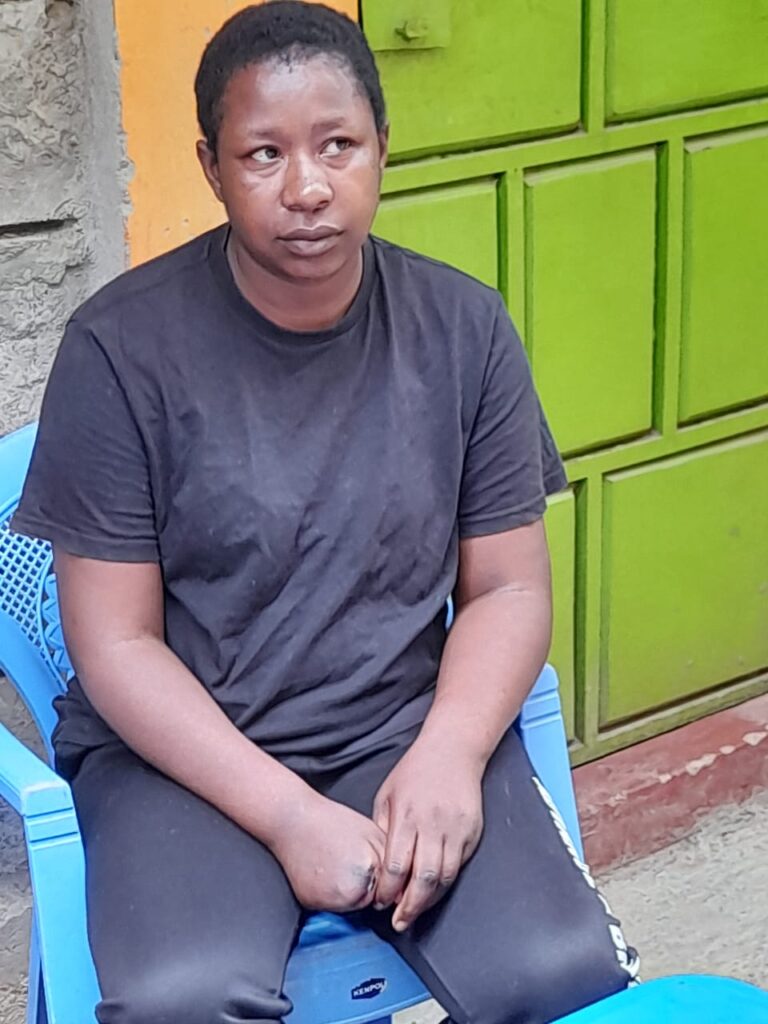
40 Kenya Certificate of Primary Education Examinations (KCPE) candidates from Sinoni and Kasiela primary schools in Baringo County have been traced, following banditry attacks over the weekend that left at least four people killed and scores injured.
Rift Valley Regional Commissioner Maalim Mohammed, said the candidates who had fled their homes after the skirmishes, would now sit for their examinations at Muchongoi Primary School where they would be provided with meals and boarding facilities.
The Regional Commissioner who earlier supervised the launch of distribution of examination papers assured schools of security and prompt action to ensure that exam materials reach examination centres centers on time.
Center managers and security personnel converged at Nakuru West Deputy County Commissioner’s office in Kapkures, where the container with examination papers was opened.
He said the police and other security agencies have been deployed to man all the 7,350 examination centers in the region, assuring candidates, their parents, and supervisors that the area will be calm during the exam period.
Maalim noted that the General Service Unit and Rapid Deployment Unit platoons had also been enhanced in West Pokot, Elgeyo Marakwet, Turkana, and Laikipia counties that were affected by armed conflicts.
“Security has been heightened in the North Rift Region and all exam centers will be manned adequately,” the Commissioner said.
Maalim indicated that though centers Kenya National Examination Council (KNEC) regulations provided that centers with less than 30 candidates be merged with others, KCPE and KCSE candidates in schools within Kerio Valley with less than that number would be allowed to proceed with their examinations at their respective institutions following consultations between security apparatus, the Ministry of Education and KNEC.
Overall, 340,304 candidates would sit Kenya Certificate of Primary Education (KCPE) in the 14 counties across the Rift Valley region, including 171,651 boys and 168,669 girls. Out of the figure, a total of 292,414 candidates are drawn from public schools while 47,890 are registered in private facilities.
Speaking at the launch on Monday, Maalim said, 51 percent of the candidates are boys while 49 percent are girls. Teachers Service Commission, he added, has engaged over 25,000 invigilators for the exercise in the region.
He sought to allay fears of leakage, saying that all examination materials were safe and no candidate would have unfair advantage over the rest during the test.
“Security personnel, center managers (school principals), supervisors, and invigilators must ensure that malpractices do not interfere with the credibility of the exams. We will arrest any individual possessing or purporting to have examination materials before the scheduled time,” Maalim warned.
The Regional Commissioner said “strangers” would not be allowed in schools.
“A stranger is anybody who is not a candidate, center manager, supervisor, security officer, or an education officer. Let us act firmly in the interest of our children, anyone who breaches any aspect of examination will be apprehended,” he explained.
Maalim confirmed that despite security challenges, all schools in West Pokot County were operational and candidates would sit examinations at their designated centers.
In Elgeyo Marakwet, the Regional Commissioner indicated candidates from Changach Barrack Secondary School have been relocated to Kiptolos Secondary School, while those from Kipkurut Primary will sit their examinations at Kapchelal Primary School.
In Baringo County, Kapturo and Chepksin Primary School candidates will sit their examinations at Taboroi Primary School.
Other examination centers that have been moved include Kapkechir Primary School to Karne Primary School, Kasiela Primary School to Sinoni Primary School, Arabic Primary School, and Kapindasum to Chemongorin Primary School while Tuyotich Primary school and Tuyotich Secondary School candidates will sit their examination at Kabel Primary School.
“We will not take any chances in this critical time for our children. We wish to assure the parents, teachers, and students in the affected areas that their safety is guaranteed,” said Maalim.
He stated that a total of 208,935 candidates from public schools and an additional 16,017 from private institutions in the region will sit for their Kenya Certificate of Secondary Education (KCSE) which kicks off on March 14.
Overall, 224,852 students, including 113,160 boys and 111,692 girls have been registered for their Kenya Certificate of Secondary Education (KCSE) in the region.
Examination materials will be kept in 135 containers set up in the sub-counties under the management of sub-county commissioners and sub-county education officers.
He assured candidates that enough transportation arrangements had been put in place to ensure examination papers, invigilators, supervisors, and security personnel reached all centers.
“We have mapped out all areas and we are working closely with sub-county education officers who are on the ground to ensure the success of the examination,” he said.
He added that motorbikes assigned to local administrators and choppers would be on standby to deliver papers and personnel to areas inaccessible by four-wheel vehicles.



















